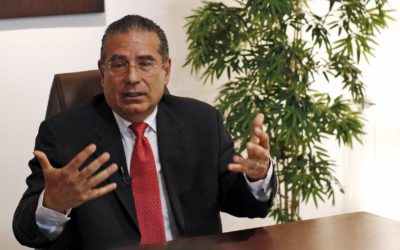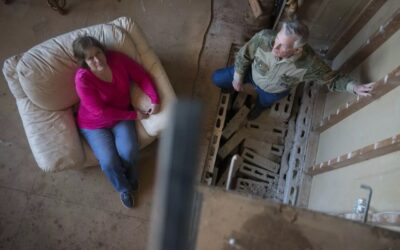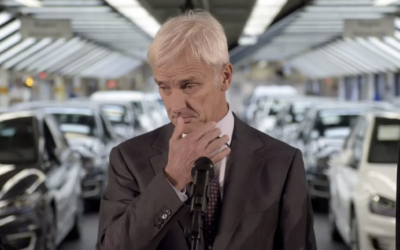SUNDAY’S NEWS SHOWS, BROUGHT TO YOU BY BIG OIL
June 4, 2012
While Big Oil is always active during an election season, this year news and radio shows have been particularly shameless about airing back-to-back commercials propounding the virtues of oil and gas. Just yesterday, Sunday’s lineup featured a parade of ads from the American Petroleum Institute — the Washington lobby for Big Oil — hailing oil and gas companies for paying for health care and schools and saying they have created 9.2 million jobs nationwide. It did not offer any independent sourcing to back up those claims, but I am guessing it’s safe to assume we can trust them?
If an oil company is building a school, frankly, I would like to know about it. I am still waiting to hear back on the name and location of these schools. Or even just one school.
Sunday is the major news networks’ time to roll out their TV version of The New York Times Sunday section. On “This Week With George Stephanopoulos,” a commercial break featured the American Petroleum Institute, Chevron and British Petroleum — in a row.
Pandering To Oil And Gas
While it’s no secret news shows are increasingly desperate for cash, this gives the impression that some shows are literally for sale. If that’s true, it is a bad time for it, as this country is in dire need of objective, non-ad-fueled journalism. The Fourth Estate is the last barrier against obfuscation and corruption and, lately, it is not doing the greatest job of keeping its head above the fray.
If news outlets don’t take seriously the need for diverse messaging not only in the content of their programming, but also when it comes to their commercials, it isn’t that different from narrowing the conversation to hard Orwellian limits. Here, an example of what really happens during an American Petroleum Institute commercial shoot that purports to feature “real” Americans.
So, onto the commercials themselves (which were hilarious if you could ignore for one second that a single member of the viewing public might actually believe them).
A tip to the Big Oil marketing agencies: if you are going to make a misleading ad, try to not make it so hysterical.
Surreal Oil And Gas Ads
Among Sunday’s procession, the American Petroleum Institute managed to look the least ridiculous (which is kind of like complimenting someone for being the world’s tallest midget), while Chevron’s ad featured a young blonde woman, supposedly a Chevron employee, making intense statements about how “proud” she was of the company for investing in American concrete and American steel (a little too weird).
The BP commercial, however, took the cake…
Extolling tourism in all the places where it’s spilled the most oil, the company’s message — set to chirpy harmonica music — could only be called surreal. Considering how upset Americans remain over the Gulf region being ruined, this ad would have you believe that the oil spill made things better.
From a comedic standpoint, highly entertaining. From any other standpoint, not so much.
Related Stories
Panama Papers: Mossack Fonseca Was a Tax Shelter Nobody
“There is something very simple that people are missing about the Panama Papers leak,” says James Henry, managing director at Sag Harbor Group, a consultancy that specializes in economic, legal and tax strategies in Sag Harbor, New York. “And that is that Mossack Fonseca was a gritty little law firm in Panama doing grunt work, with dingy little storefronts all over the world.
As Man-Made Earthquakes Thunder Through Oklahoma, Residents Get Innovative With the Law
In Oklahoma, a stone or brick home might save you from a tornado. But it might kill you if there’s an earthquake—and the Dills, who live in the one-story stone-and-mortar farmhouse with their five dogs, have been overwhelmed with quakes.
Why Volkswagen Cheated
In December 10, Volkswagen Chairman Hans-Dieter Pötsch made a public admission: A group of the company’s engineers decided to cheat on emissions tests in 2005 because they couldn’t find a technical solution within the company’s “time frame and budget” to build diesel engines that would meet U.S. emissions standards. When the engineers did find a solution, he said, they chose to keep on cheating, rather than employ it.



